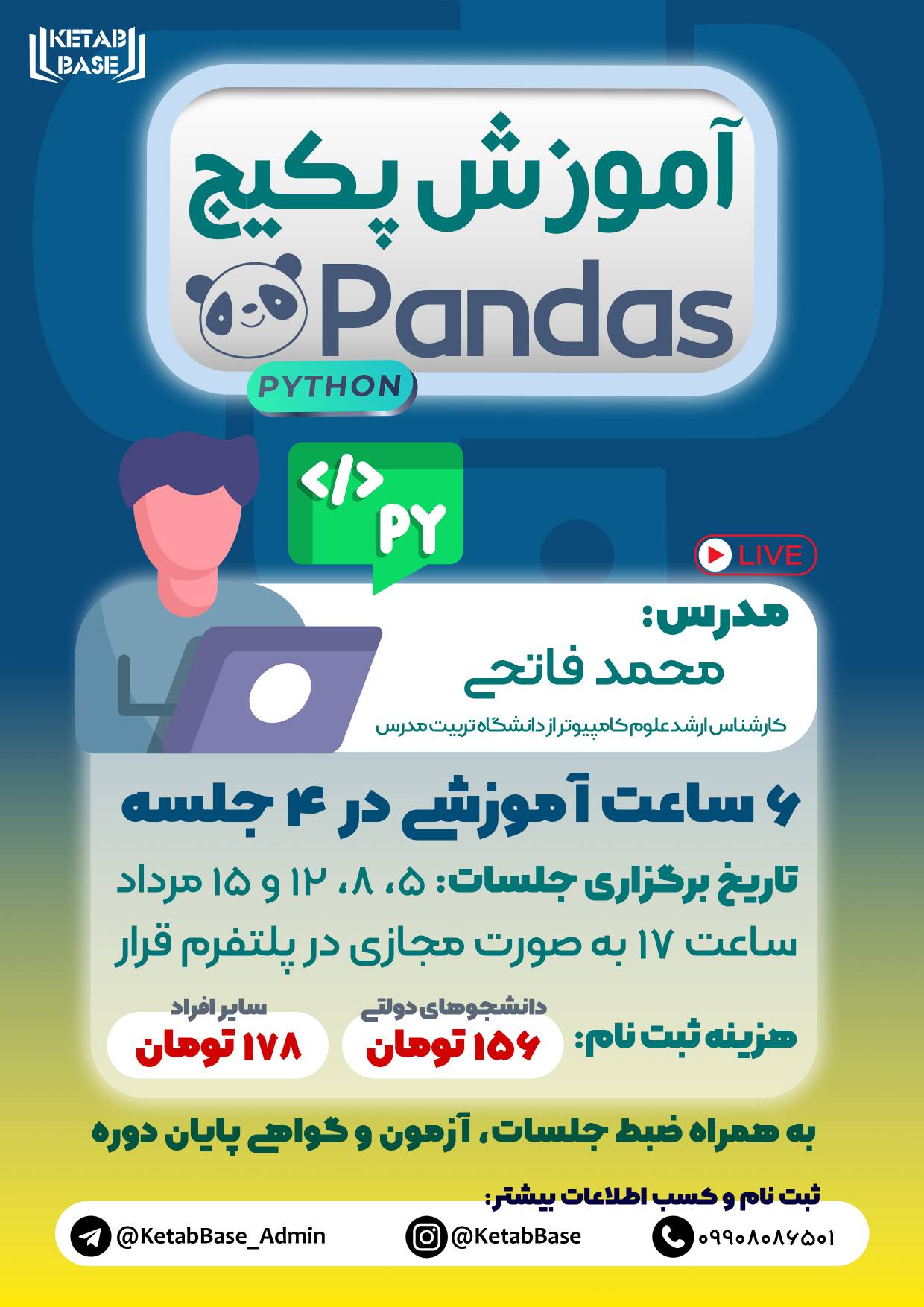

videocast number: 004
Article title: Data as environment, environment as data: One Health in collaborative data-intensive science
Journal: Big Data & Society
Publisher: Sage
Authors: Barchetta & Rafaetta
URL: https://journals.sagepub.com/doi/full/10.1177/20539517241234275
Podcast Script
Mahsa Torabi:
Hello, dear listeners, and welcome to the fourth episode of our podcast series where we introduce fascinating information science articles from Ketabbase. I’m your host, Mahsa Torabi, from the Ketabbase Team. Today, we have an intriguing article to discuss, titled “Data as Environment, Environment as Data: One Health in Collaborative Data-Intensive Science,” authored by Lucilla Barchetta and Roberta Raffaetà. Mahsa Torabi:
In this episode, we will delve into the concept of “One Health” and explore how data-intensive science is reshaping our understanding of health and the environment. This article is particularly relevant in the context of the COVID-19 pandemic, which has highlighted the interconnectedness of human, animal, and environmental health. Mahsa Torabi:
So, what is One Health? One Health is an integrated, unifying approach that aims to sustainably balance and optimize the health of people, animals, and environments. It recognizes that these systems are closely linked and interdependent. The One Health approach has been gaining traction, especially in light of the current ecological crises and the recent pandemic, which underscore the need for a holistic understanding of health. Mahsa Torabi:
The authors of this article, Barchetta and Raffaetà, conducted an ethnographic study to explore how One Health is being operationalized in a digital infrastructure of interdisciplinary collaboration. They introduce the notion of “data as environment,” which challenges the traditional view of data as inert and disembodied information units. Instead, they argue that data should be seen as a dynamic environment that entangles knowledge systems, subjects, processing tools, and mediated bio-socialities. Mahsa Torabi:
This perspective is crucial because it highlights the political and ethical questions that arise in the emerging technoscientific worlds of the Anthropocene. The authors emphasize that digital knowledge-making infrastructures, such as cloud computing technologies and open science tools, play a significant role in advancing scientific productivity through data sharing. However, they also point out that these infrastructures are not merely technical tools but are deeply embedded in social relations and power dynamics. Mahsa Torabi:
One of the key takeaways from this article is the concept of “slippage.” Slippage refers to the deviations from the norm that occur when data are accessed, shared, and used. These slippages can manifest as difficulties in accessing data, understanding data, or collaborating with others. The authors argue that these slippages are an unavoidable condition of digital knowledge infrastructures and offer a valuable lens to reflect on the relationships between data, science, and society. Mahsa Torabi:
The article also sheds light on the challenges of transitioning from the One Health vision to its technological application. While the vision calls for a systemic and interdisciplinary approach to health, the reality of data sharing and collaboration often falls short. The authors document the tensions and difficulties encountered by scientists working within the One Health framework, particularly in the context of the Health for All (HfA) network, which was set up at the beginning of the COVID-19 outbreak. Mahsa Torabi:
Through semi-structured interviews, field visits, and observations, Barchetta and Raffaetà provide a rich ethnographic account of the HfA network. They explore how scientists navigate the complexities of data sharing, collaboration, and interdisciplinary research. The article highlights the importance of considering data not just as technical entities but as socio-technical constructs that are deeply intertwined with the environments in which they are produced and used. Mahsa Torabi:
In conclusion, “Data as Environment, Environment as Data” offers a thought-provoking analysis of the One Health approach in the context of data-intensive science. It challenges us to rethink our assumptions about data and to recognize the intricate connections between health, environment, and technology. This article is a must-read for anyone interested in the intersections of anthropology, data science, and health. Mahsa Torabi:
Thank you for joining us on this episode of Ketabbase’s podcast series. We hope you found this discussion insightful and inspiring. Stay tuned for our next episode, where we will continue to explore more fascinating information science articles. Until then, take care and stay curious! Mahsa Torabi:
This is Mahsa Torabi from the Ketabbase Team, signing off. Goodbye! End of Episode 4
شما میتوانید لینک مقاله مورد نظر خود را به ایمیل ketabbase@gmail.com ارسال کنید.
اگر توانایی ترجمه متون علمی را دارید و یا صدای خوبی برای تولید پادکست دارید به ketabbase@gmail.com اطلاعات خود، زمینه همکاری خود و اطلاعات تماس خود را ارسال کنید.

تیم کتاببیس، با نام شرکت دانشمحور مهراد در شهریور 1401 به طور رسمی در سازمان ثبت شرکتها با شناسه 72125 ثبت شد. این تیم متشکل از دانشجویان و فارغالتحصیلان رشته علم اطلاعات است که با توجه به دانش خود در زمینههای مرتبط به اطلاعات، شامل تحلیل داده، مشاوره اطلاعاتی، برنامهنویسی و تولید محتوا مشغول به فعالیت هستند.
شما نیز با پیوستن به این تیم، میتوانید در حوزههای مرتبط با رشته علم اطلاعات فعالیت داشته باشید.